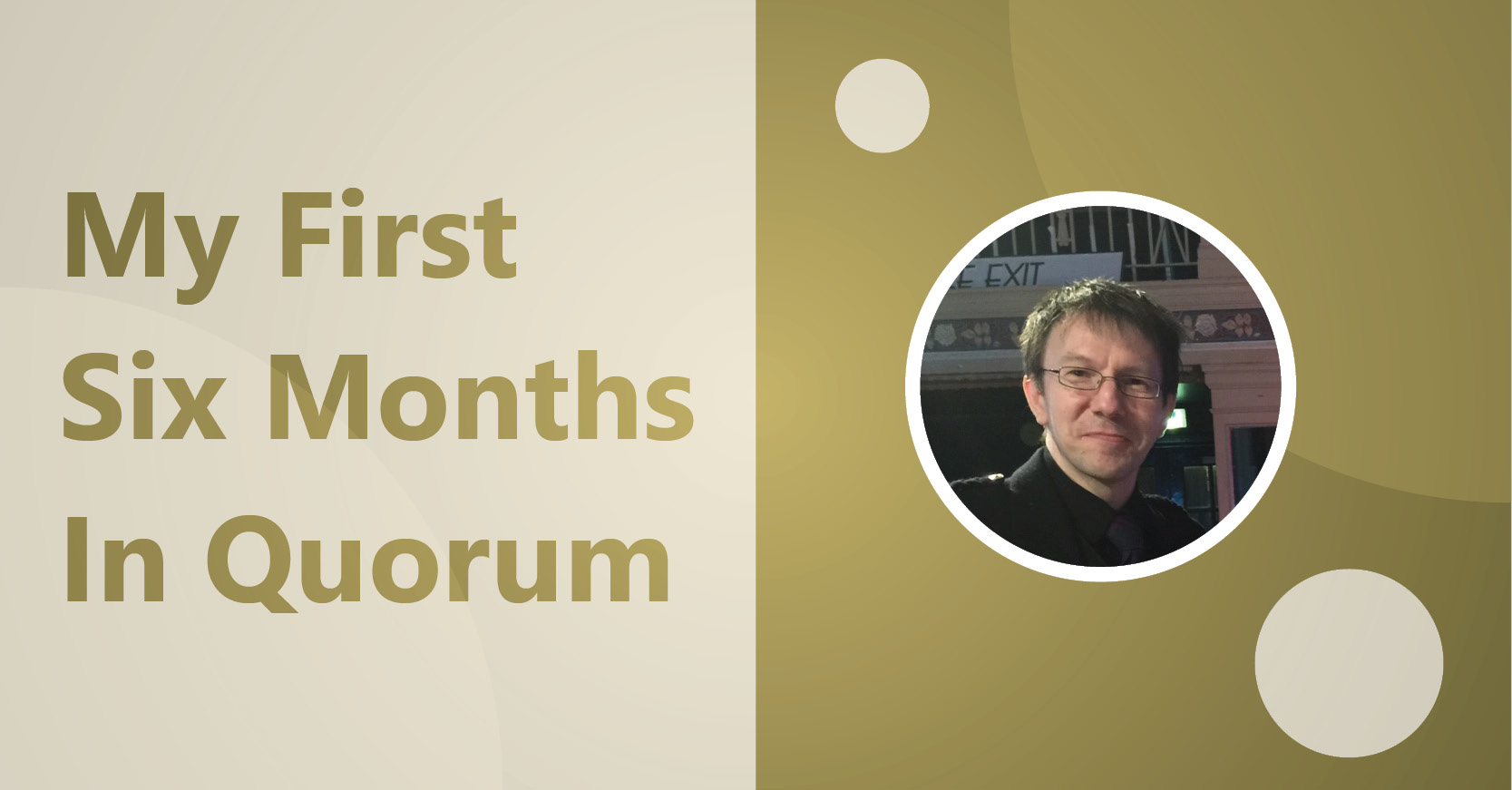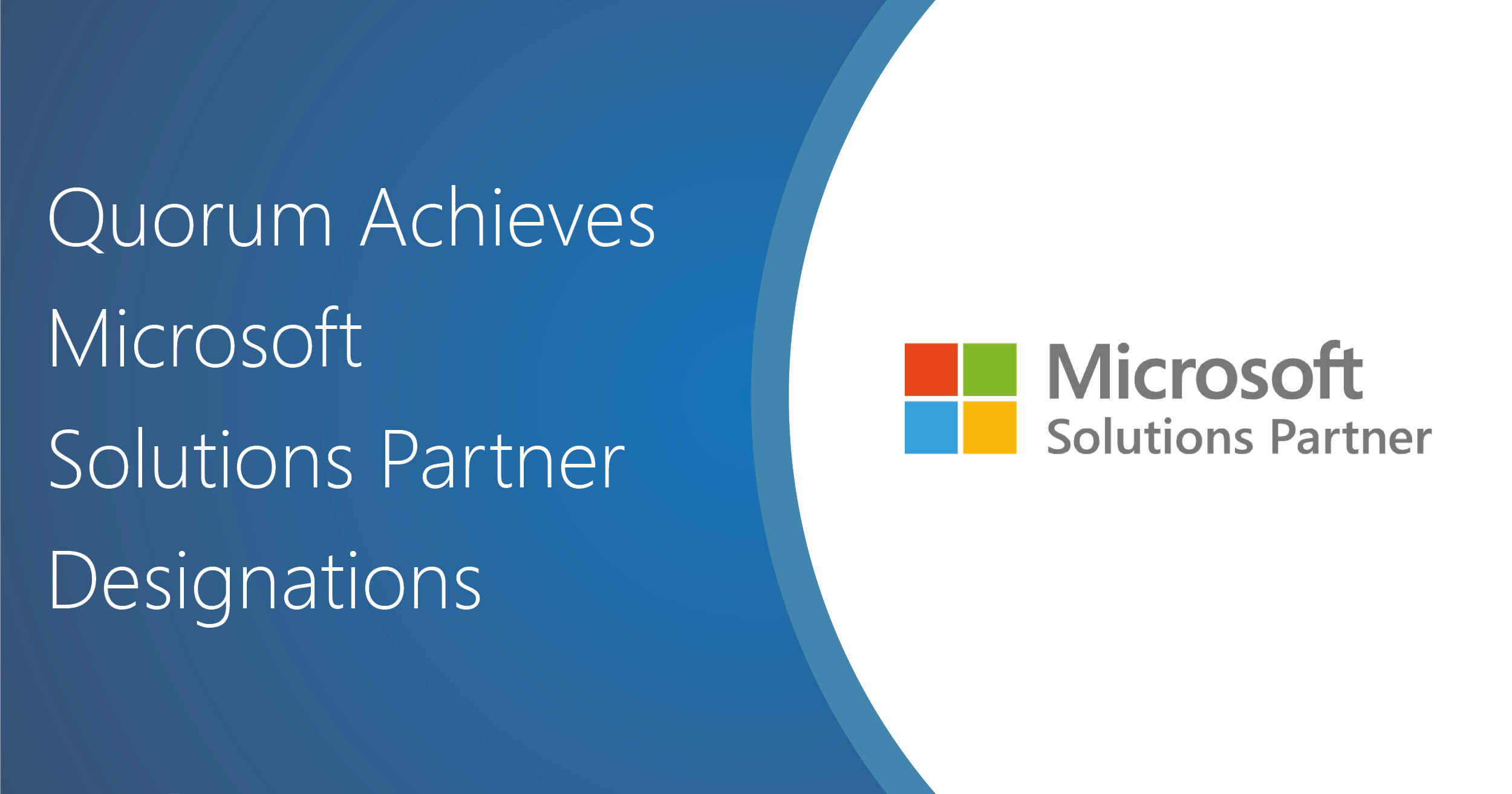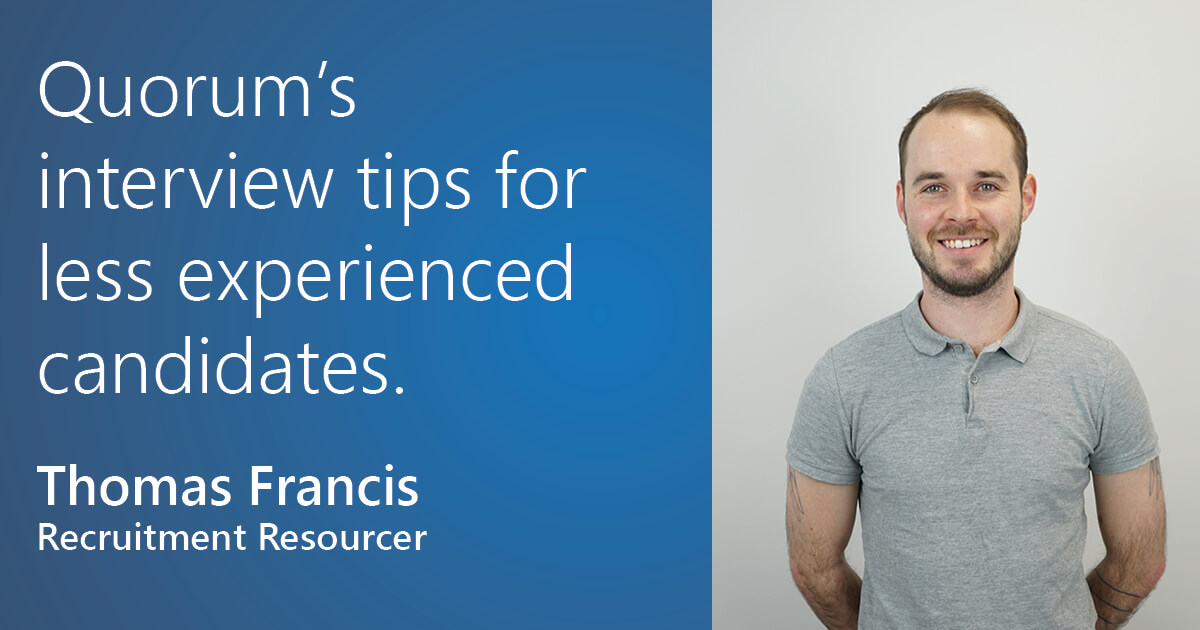
Your cloud journey is an ongoing learning process, and the cloud landscape is always evolving. Recent trends such as remote and hybrid work, data transformation projects, growing cybersecurity concerns, and the push towards innovative technologies like artificial intelligence (AI), and low-code/no-code innovation, demonstrate the importance of leveraging cloud services for increased operational efficiency and innovation.
“More than half (54%) of organisations are either at an intermediate or advanced level of cloud usage” – Source.
If you’ve invested in Azure, you’ll want to validate that your environment is operating in the optimum way to achieve your goals. Successful cloud adoption strategy and migration require careful planning to ensure you reach those goals safely and effectively.
As demand for new services and capabilities continues to grow, IT departments are increasingly seeking to scale their cloud platform. This expansion brings increased complexity and a need for a strong foundation that supports business workloads.
As organisations adopt Azure, best practice guidance for cloud adoption and migration continues to be developed. The Microsoft Cloud Adoption Framework for Azure captures this best practice guidance and provides a framework for cloud adoption, including changes required in people, processes, and technology.
The objective of the engagement is to provide you with a prioritised list of recommendations to ensure your Azure environment is well-architected, well- managed, and well- governed to support your cloud objectives using existing toolsets such as the Azure Security Benchmark and existing best practises such as Azure Landing Zones (ALZ).
The review is underpinned by the following 8 design areas that embody the Cloud Adoption Framework and their alignment to the Azure Landing Zone architecture.

Azure billing and Active Directory tenant
Discovery of the existing Azure tenant configuration. Proper tenant creation, enrolment, and billing setup are important early steps.

Identity and Access Management
Review the existing role-based access control (RBAC) model and use of native tools such as Conditional Access, Muti-Factor Authentication (MFA), Privileged Identity Management (PIM) and Identity Governance.

Resource Organisation
The goal of resource organisation review is to identify if there are consistent patterns for the following areas:
- Naming
- Tagging
- Subscription design
- Management group design
The Azure Landing Zone Management Group design and Subscription placement is used as a benchmark in the review process.

Network Topology
The Hub-Spoke and Virtual WAN topologies recommended by Microsoft help deliver a successful networking strategy in the cloud. These design concepts are used to underpin a review of you existing networking infrastructure with the following key outputs:
- Current topology security and scope for long-term growth.
- Security focused with review of public endpoints.
- North-south, east-west routing.
- DNS Design.

Management
Review of the existing management and monitoring of the environment in Azure. The goal of this design area is to help shape the operations management requirements of the business.

Governance
Azure Policy review to ensure guardrails are in place and provide continued compliance with your organisation’s platform and the applications deployed onto it. The Cloud Adoption Framework has a default suite of recommended policies that define the recommended approach for an Azure Landing Zone design.

Security
Use native tools such as the Microsoft cloud security benchmark and Microsoft Defender for Cloud scores to provides prescriptive best practices and recommendations to help improve the security of workloads, data, and services on Azure.

Platform Automation and DevOps
Review and documentation of existing deployment processes into Azure. The adoption of Infrastructure-as-code through repeatable processes is the recommended approach for organisations. Align the best tools and templates to deploy your landing zones and supporting resources is the objective of this design area.
Report
You will receive a report detailing the Azure architecture assessment. This report will include an analysis of the current state of your architecture, positive observations, and recommendations, as well as any challenges and concerns related to your current Azure configuration. Additionally, you will receive a proposal outlining the next steps of your cloud journey.
We have been assisting our clients with cloud service adoption since 2013 and have developed expertise in Microsoft Azure and Microsoft 365 platforms as a Microsoft Partner and Microsoft Direct Cloud Solution Provider (CSP).
Microsoft changed its Partner Network in early 2022 with the introduction of the Microsoft Cloud Partner Programme, which replaced the previous gold and silver badges. The new designations are intended to simplify partner selection and help customers identify Microsoft’s most accomplished partners with technical skills and experience to meet their needs.
Quorum has earned five of the six new designations and three specialisations, which is a rare feat. One of these new designations is Solutions Partner for Infrastructure (Azure), which highlights Quorum’s extensive knowledge and skill in providing clients with secure, adaptable, and trustworthy cloud solutions on the Microsoft Azure platform, including development, implementation, and maintenance.
Quorum are committed to providing our customers with the best solutions and support in the industry and this drives us to continually accomplish more – we believe these new solution partner designations demonstrate our dedication to excellence.
Articles
AWARDS & RECOGNITION

FOLLOW US
CONTACT INFO
CONTACT INFO
Quorum
18 Greenside Lane Edinburgh
UK EH1 3AH
Phone: +44 131 652 3954
Email: marketing@quorum.co.uk
FOLLOW US
AWARDS & RECOGNITION



